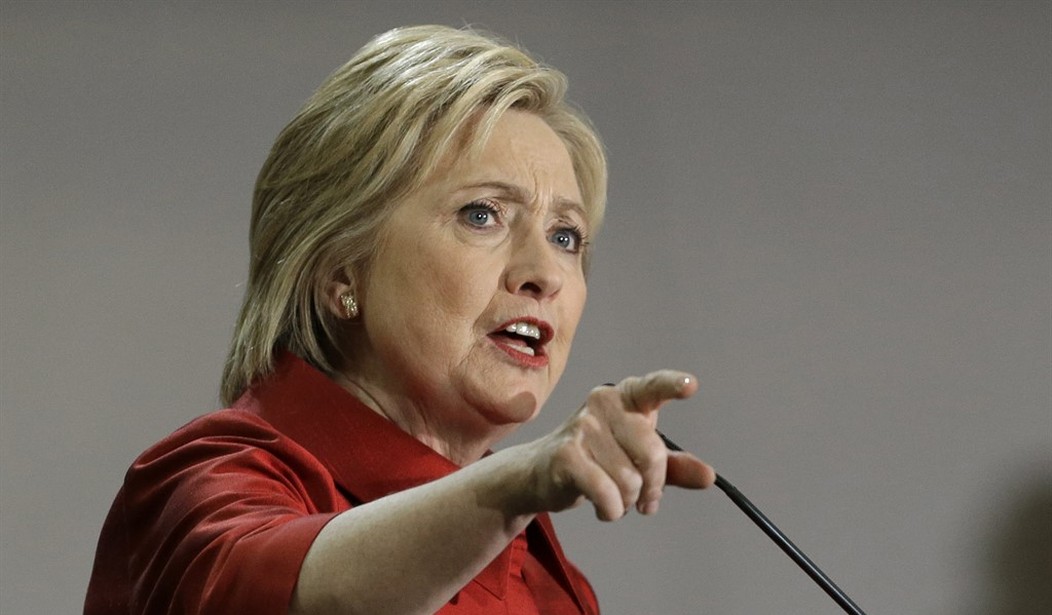Up until 2013, Hillary Clinton was staunchly against gay marriage. She gave speeches defending the sacredness of the union between a man and a woman as a New York senator and supported her husband when he signed the 1996 Defense of Marriage Act. Then, in 2013, she changed course. The Wall Street Journal described in detail her long road to becoming pro-gay marriage:
For most of her career in politics Mrs. Clinton supported many gay-rights stances but opposed same-sex marriage, favoring arrangements like civil unions that fell short of marriage. Not until 2013 did she take the position that gays and lesbians should be allowed to marry.
PolitiFact gave Clinton a "full flop" on the issue.
Then we have her meandering route on illegal immigration. In 2007, she was against giving drivers licenses to illegals, something an audience member reminded her at MSNBC town hall in Nevada last week. She told that voter she had essentially changed her mind. In June of 2014, Clinton proposed sending home children detained at the border. A few months ago, she also promised to never again use the term "illegal immigrant."
The trend is obvious: Clinton's views change with the political winds. Not until it was expedient did she appear to change course on key issues.
Yet, on CNN's State of the Union Sunday morning following her Nevada caucus win, Clinton told Jake Tapper she has always been "the same person fighting for the same values.”
Voters have a different perspective, indicating time and again they don't trust her.
Recommended
How do you fix the trust issue? Tapper asked her.
"I'm going to keep reaching out to voters," Clinton said. "I'm going to do what I’ve always done. I understand that voters have questions. There’s an underlying question in the back of peoples’ minds. Is she in it for us or is she in it for herself?
Is it a good thing for Clinton's campaign that at this stage of the race voters still have to sort through her motive for running for president?
They don't seem to have that problem with Sanders, who has been consistent on issues that matter to progressives throughout his political career. That's part of the reason why he won the "honesty" numbers in Nevada, taking 84 percent of the vote among respondents who said they prioritize trustworthiness.

























Join the conversation as a VIP Member